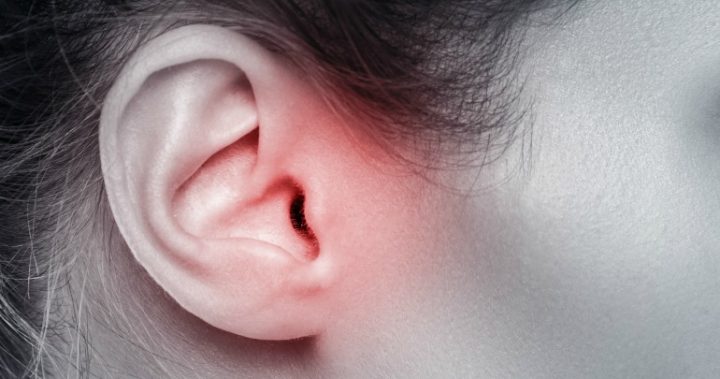New device could answer prayers of chronic tinnitus sufferers

A device that uses sounds and electrical pulses could ease the symptoms of tinnitus, the infuriating condition that causes ringing, buzzing, hissing or clicking sensations in the ears.
The phantom noises caused by tinnitus can range from low to high and vary in frequency, and range from causing mild annoyance to the sufferer, to making day-to-day life unbearable. There are a range of treatments available, from devices that emit sounds that drown out the noises, to brain training to help people with the condition learn to tune out the sounds, but they don’t work for all people.
In the new study, researchers at the University of Michigan created a device that send precisely timed sounds into the ear, combined with weak electrical pulses into the cheek or neck. The device aimed to activate sensitive nerves and balance out mixed signals from damaged nerves.
Participants in the study used the device daily for four weeks and reported that the sounds of their tinnitus became lower in volume. They also filled out a ‘quality of life’ survey after the treatment, with two saying that their tinnitus had completely disappeared, many saying the sounds became less harsh and piercing after using the device and none reporting that their symptoms had worsened.
The research was only carried out on animals and 20 human tinnitus sufferers, but lead researcher Susan Shore, who’s a professor at the university’s medical school, said the results were encouraging.
Now, she said, researchers needed to learn how long was the optimum time to use to the device and work out which types of people with tinnitus would benefit most from it. They’ve applied for funding to continue this research.
One in 10 Australians suffer from tinnitus, according to Tinnitus Australia, and about 15 per cent of Americans have it, audiology.com reports. In the US, there are as many as 2 million people who are unable to work or complete daily activities because of the psychological stress it causes them.
There is no known cure for tinnitus, but if you don’t have tinnitus there are a few preventative measures you can take to try to prevent it developing.
These include using hearing protection against loud noises, turning down the volume when listening to music and taking care of your cardiovascular health.








 Proudly Australian owned and operated
Proudly Australian owned and operated